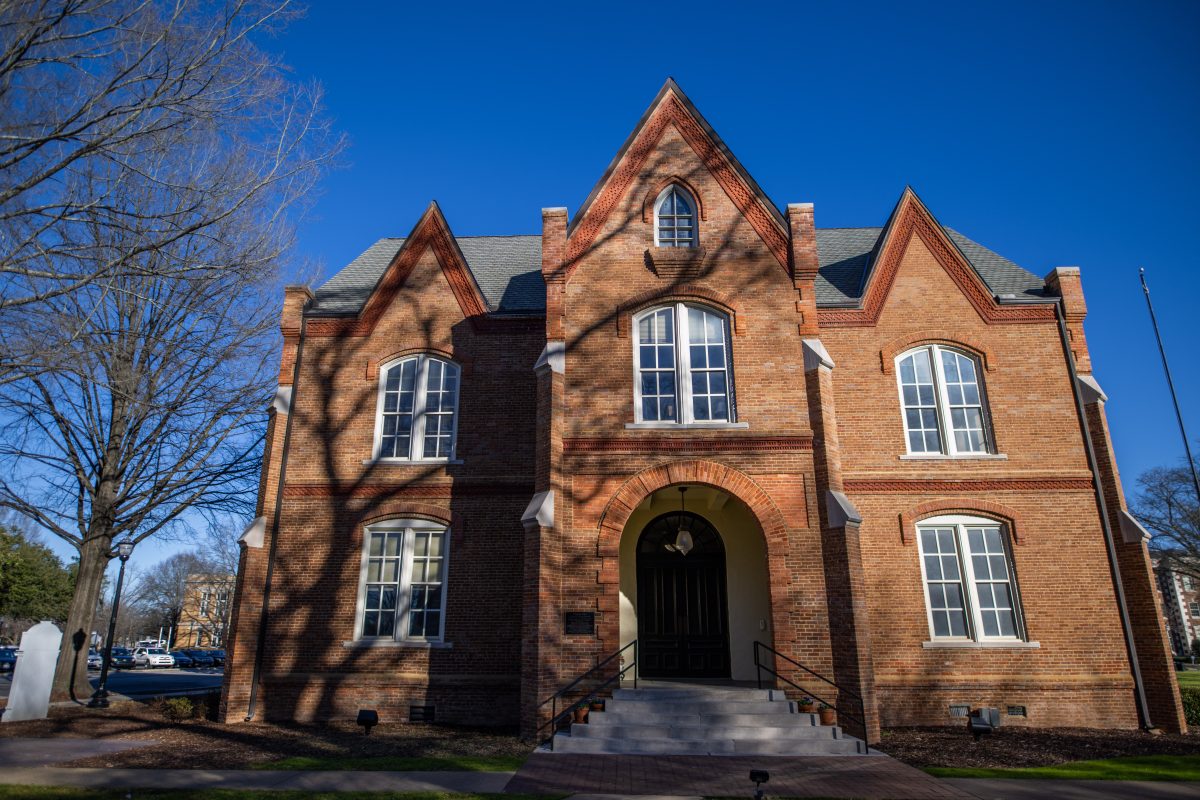
The Graduate History Association passed two resolutions opposing Alabama Senate bills 10 and 77 Friday afternoon.
Senate Bill 10, introduced in early February, states that “library board members shall serve at the pleasure of their respective appointing authorities,” and will go into effect in October 2024.
Gavin Jones, a history master’s student, spoke on the bill.
Jones previously worked as an intern for the Invisible Histories Project, a nonprofit that creates programs and archives of LGBTQ+ history in the South. He said because the Invisible Histories Project partners with many public libraries, it could be harder in the future for the project to use libraries as a repository for the materials it archives if library positions become more politicized.
Jones said the GHA felt the need to pass the resolutions because the bills directly affect GHA members’ work.
“I want to be an archivist,” Jones said. “I don’t want to have to work at an institution where I’m always afraid of being fired because the work I do becomes unsavory to somebody in a political position.”
Senate Bill 77, introduced simultaneously, authorizes the “respective appointing authorities to fill vacancies” on the Alabama Department of Archives and History’s board of trustees. This bill will go into effect June 2024.
Sam Badger, a history master’s student and vice president of the Graduate History Association, said he frequently travels to Montgomery to view the state archives. He said the bill would allow the governor to control who’s appointed onto the board of trustees of the Department of Archives and History, resulting in political control of the archives.
“I’d rather have people being appointed based on merit or their academic qualifications like they currently are,” Badger said.
Isabella Garrison, a history doctoral student, said the bill would impact her as well.
Garrison works on community history projects with organizations such as the Invisible Histories Project.
She said she’s currently working with her adviser to capture, archive and discuss the history of queer West Alabama.
She said the bill was jarring to read.
“It felt needlessly cruel,” Garrison said. “I’m legitimately worried about the work I do.”












